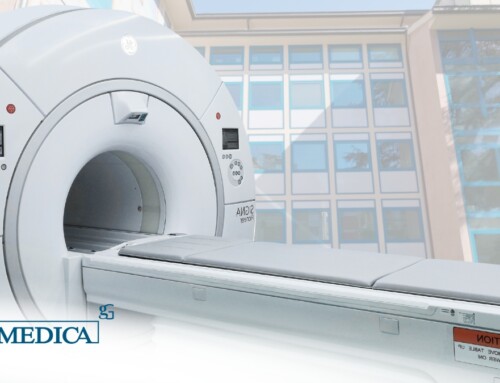
Articolo del 10/07/2025
What Is the Function of the Kidneys? Who Is the Specialist Caring for Your Kidney Health?
The primary function of the kidneys is to produce urine by filtering the blood, thereby removing waste products from the body that would otherwise accumulate in the bloodstream.
Where does prevention begin? Is it harmful to drink too much water?
We discuss these questions with Dr. Lelio Polidori, Head of the Hemodialysis Center at Ars Medica Clinic, and Dr. Carlo Cuzziol, nephrologist at the clinic.
Beyond waste elimination, the kidneys produce several vital hormones: erythropoietin, which regulates red blood cell production; renin, which is key to blood pressure regulation; and the active form of vitamin D, essential for calcium metabolism and overall health.
What Tests Are Used to Assess Kidney Health?
To evaluate kidney function, standard blood tests include blood urea nitrogen (BUN), creatinine, uric acid, electrolytes, protein profile, urine analysis, creatinine clearance, and creatinuria. These form the baseline for assessing renal function.
If abnormalities are detected, further tests may be ordered, such as parathyroid hormone (PTH) levels, vitamin D, and iron status evaluations—important due to the risk of anemia and bone disease.
A renal ultrasound is also essential to assess kidney morphology. Regular blood pressure monitoring, renal ultrasound, and specific blood tests enable comprehensive tracking of kidney function—the organ’s ability to eliminate excess metabolic waste.
If these parameters are altered, a nephrology consultation is crucial. Early diagnosis and management, including lifestyle modifications, medications, and dietary adjustments, can significantly slow the progression of kidney disease and prolong kidney function.
Among all tests, serum creatinine remains the most commonly used marker to monitor kidney function. It helps determine the stage of kidney impairment—whether mild, moderate, or advanced—and guides the appropriate treatment plan.
Is Drinking Too Much Water Harmful?
There is no universal answer; recommendations depend on the patient’s clinical condition and lifestyle. While adequate hydration is important, excessive water intake does not necessarily improve kidney function and can sometimes negatively affect appetite and other aspects of health. Therefore, it is advisable to consult a nephrologist to determine the optimal daily fluid intake tailored to the individual.
Can You Share a Case Where Your Care Made a Difference?
One afternoon, a young woman arrived at our dialysis unit after returning from a vacation abroad, where she had engaged in strenuous physical activity but was experiencing extreme fatigue. Her primary care physician’s blood tests revealed severe chronic kidney failure and urgently referred her to us.
Upon admission, we confirmed she had advanced chronic kidney failure and severe anemia. She was critically ill.
We initiated emergency treatment, placing a central venous catheter in the operating room and starting urgent dialysis. She improved immediately.
Subsequent dialysis sessions followed, and thanks to timely intervention, this young woman avoided potentially life-threatening complications.









